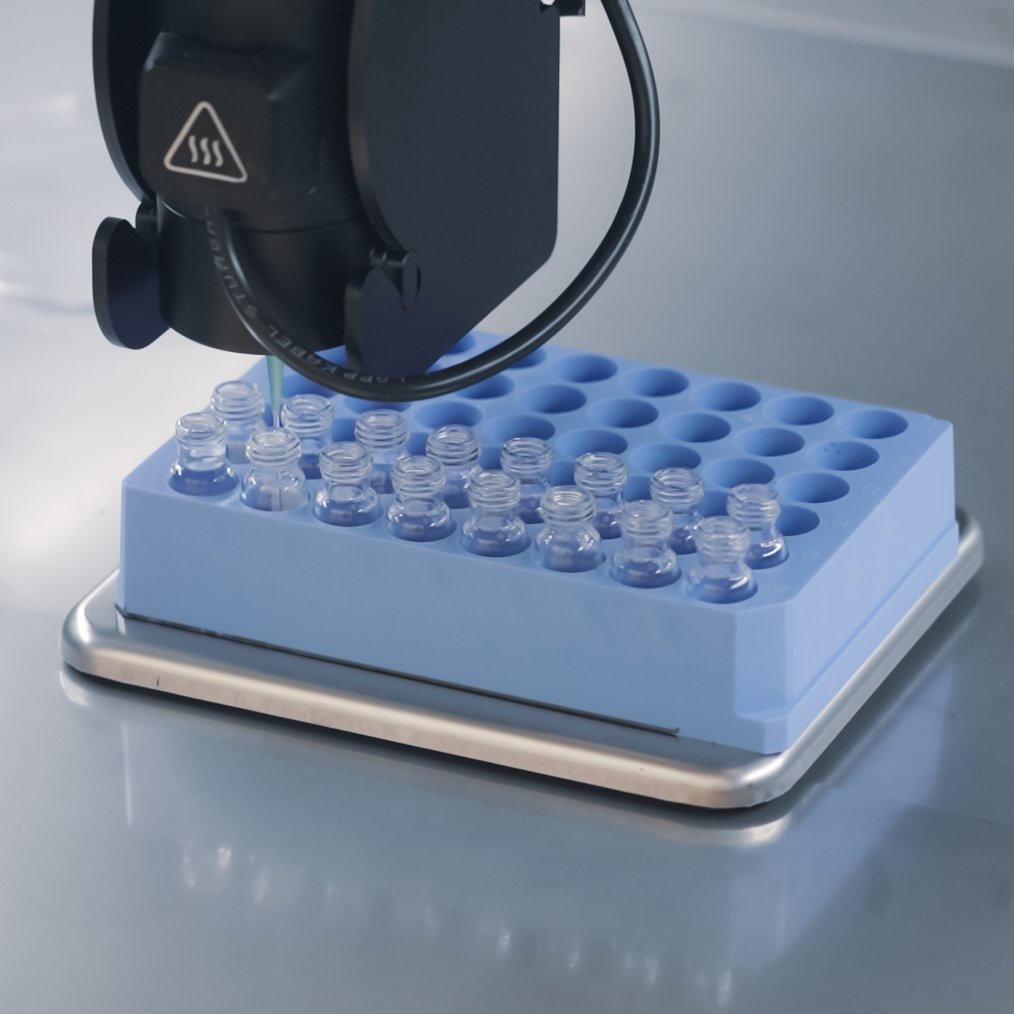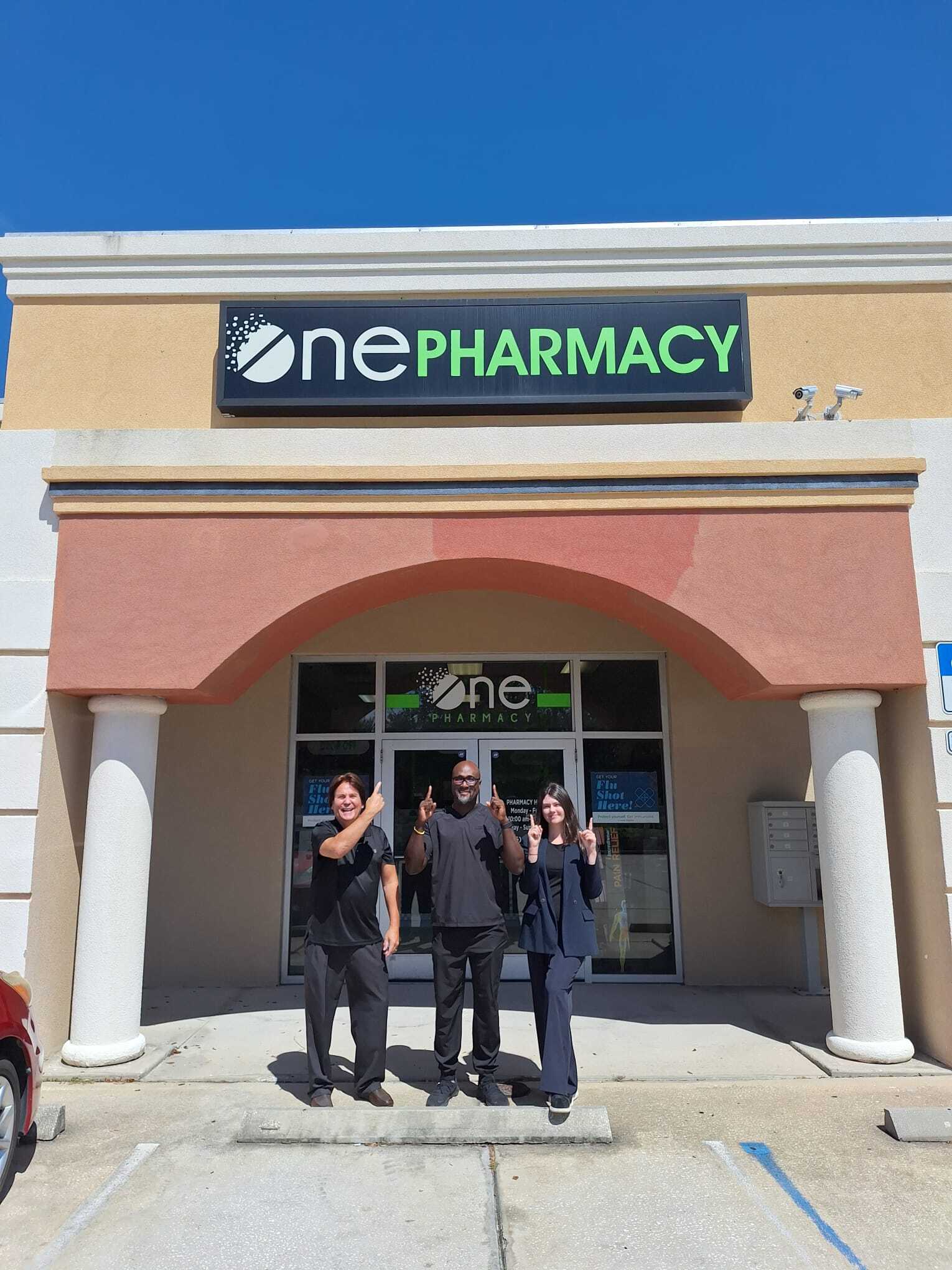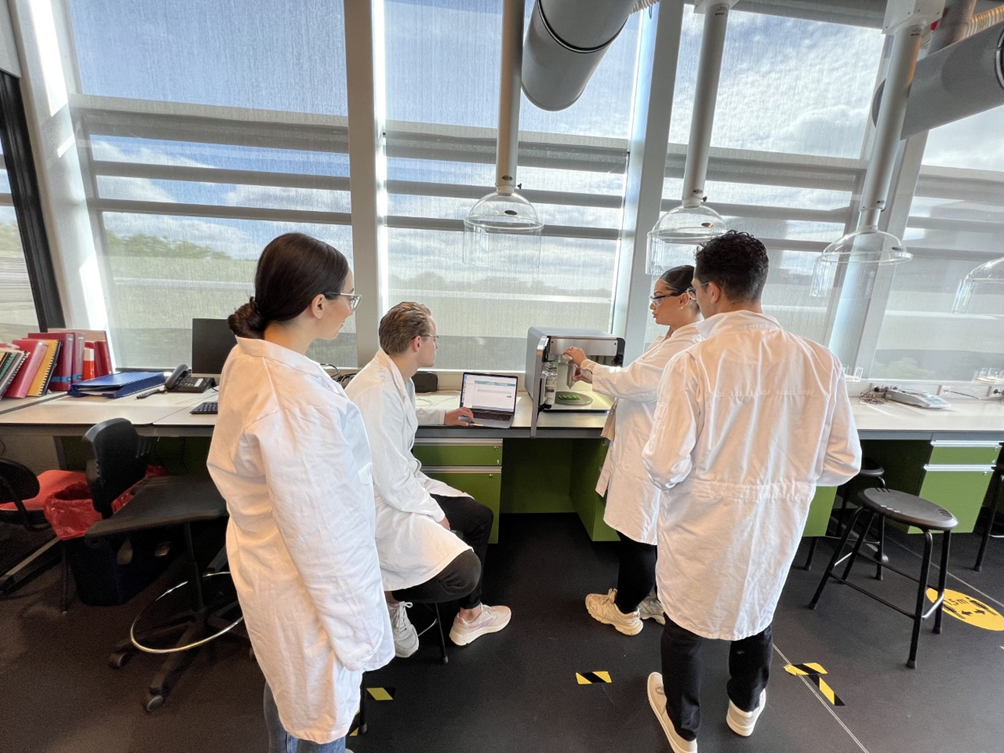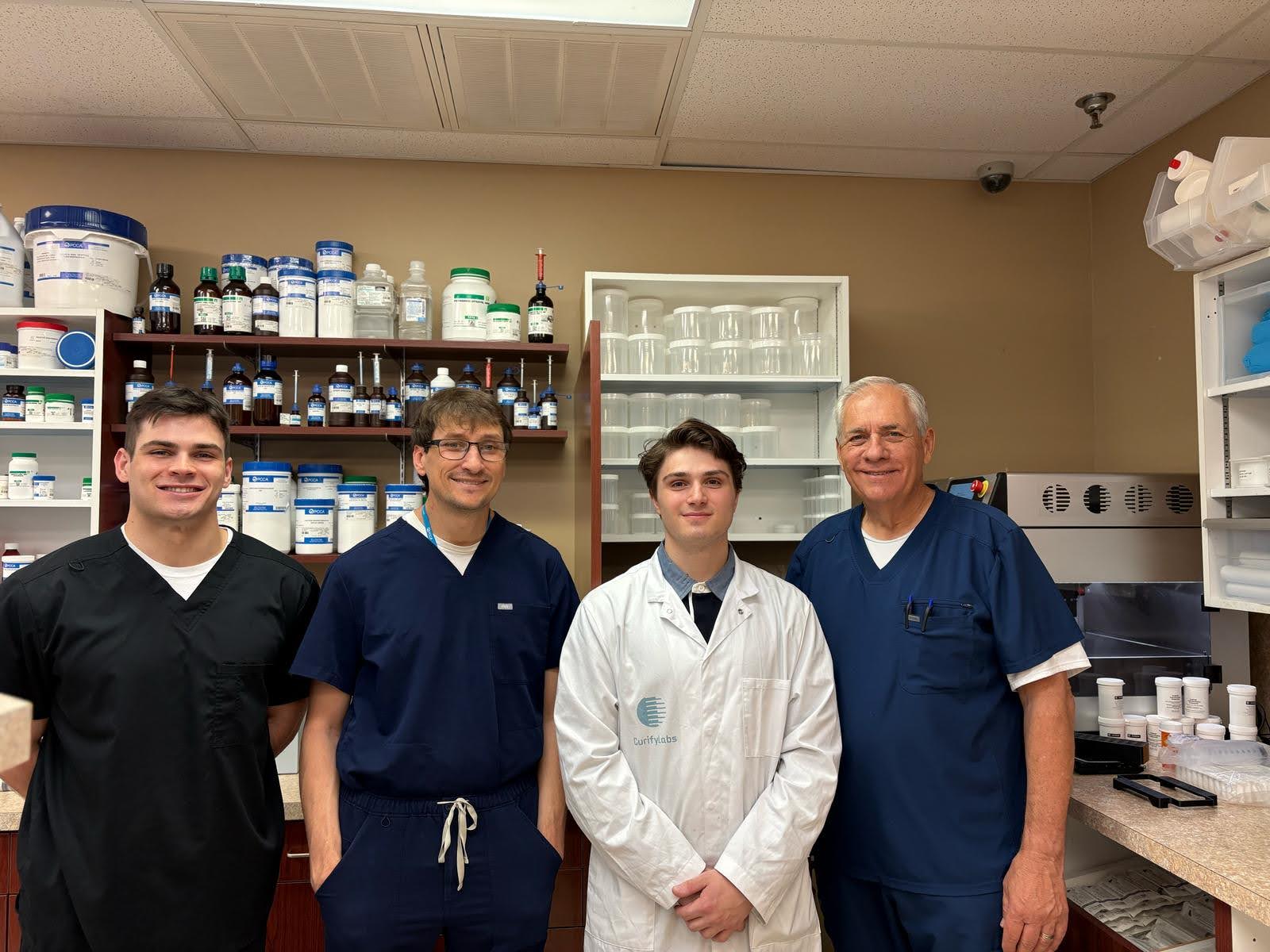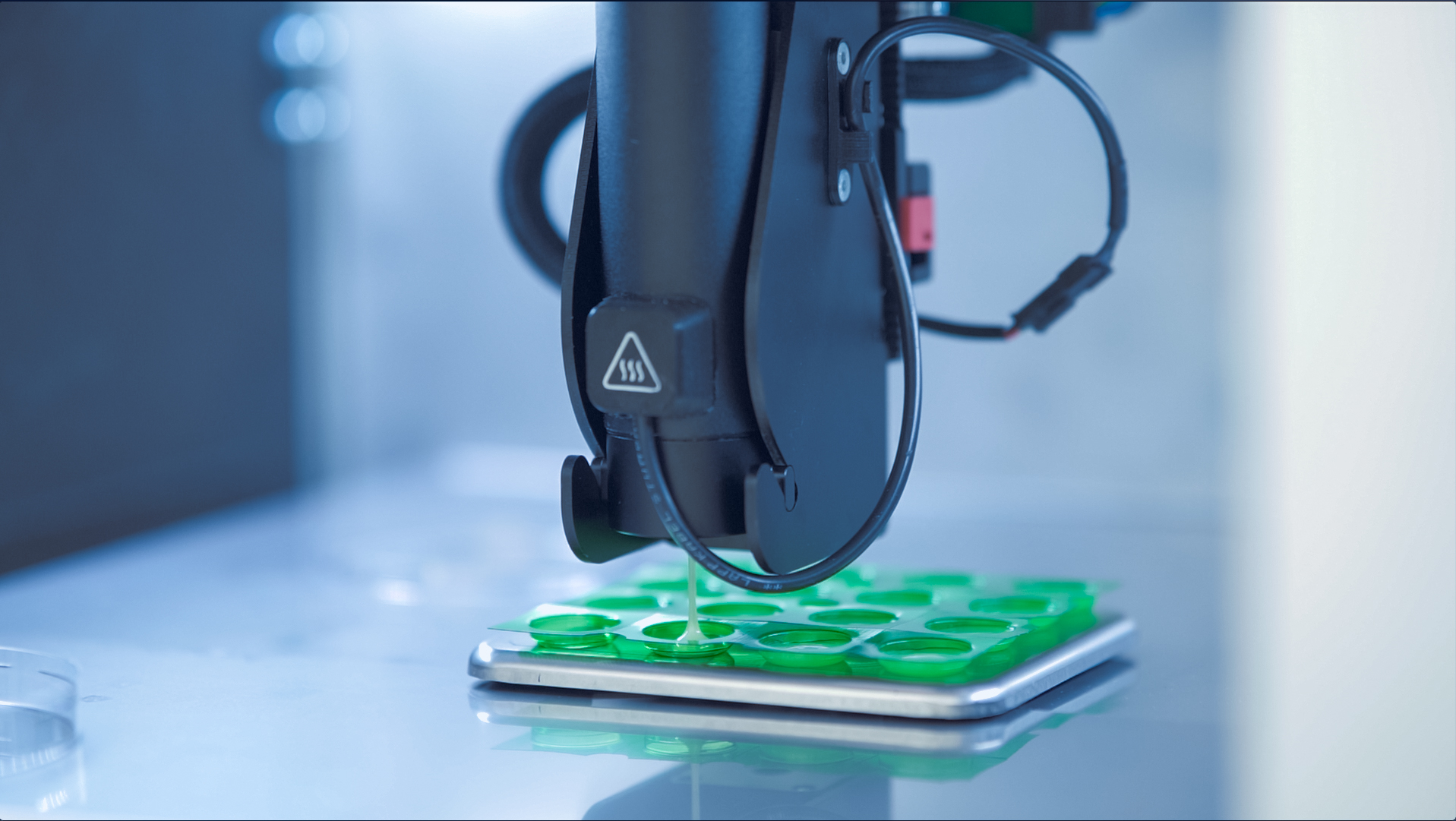Recent events around the world have shown us how fragile our medicine supply chains can be. The COVID-19 pandemic and tensions between countries have made it clear that we can't always count on having a steady supply of medicines. This is a big issue for developed countries, which have to make sure their healthcare systems are reliable and can get medicines to those who need them, even though it can be expensive.
According to ASHP ongoing and active shortages are the highest in a decade. Recent survey data show shortages impact patient care and workload required to manage shortages, including work to change pharmacy automation and electronic health records, adds to the challenges of pharmacy staff shortages.
To try and fix this problem, countries have started keeping extra stocks of important medicines on hand. But this is only a temporary fix and doesn't solve the whole problem. We need to make sure that medicines are not just available but also easy for everyone to get.
Sometimes, companies that make medicines might not supply them because they're focusing on making more money elsewhere. This can lead to not having enough of some medicines. Also, when there are problems with making or delivering medicines around the world, it can be even harder to get the drugs we need.
A recent example is the shortage of amoxicillin, a common antibiotic. This shortage happened because more people needed it, there were problems with getting the materials needed to make it, and there were delays in manufacturing. This shows how easily our medicine supply can be disrupted.
One way to deal with these shortages is through drug compounding. This is when pharmacies make medicines themselves, specifically for what patients need, especially when those medicines are hard to find. This approach is becoming more important as a way to keep our healthcare systems running smoothly.
Making medicines in this custom way helps make sure patients get what they need, even when there are problems with the regular supply chain. It's a flexible and quick response to immediate healthcare needs. This method is essential for making sure we have the medicines we need.
Looking to the future, it's clear that having access to medicines is crucial for public health and safety. The growth in making custom medicines, driven by the need for personalized care and to overcome drug shortages, shows how healthcare is changing to meet these challenges. Last week European experts from 12 countries met in Strasbourg to draw up a form to compensate for the shortages. Efforts with innovators like Fabien Bruno, from Delpech Paris, who are working internationally to solve drug shortages, show the kind of proactive approach we need.
In summary, while there are big challenges in making sure medicines are secure and healthcare systems are reliable, using innovative methods like compounding offers hope. Moving forward, it will take everyone working together—governments, companies, healthcare workers, and communities—to make sure everyone can get the medicines they need, keeping society healthy and safe.

